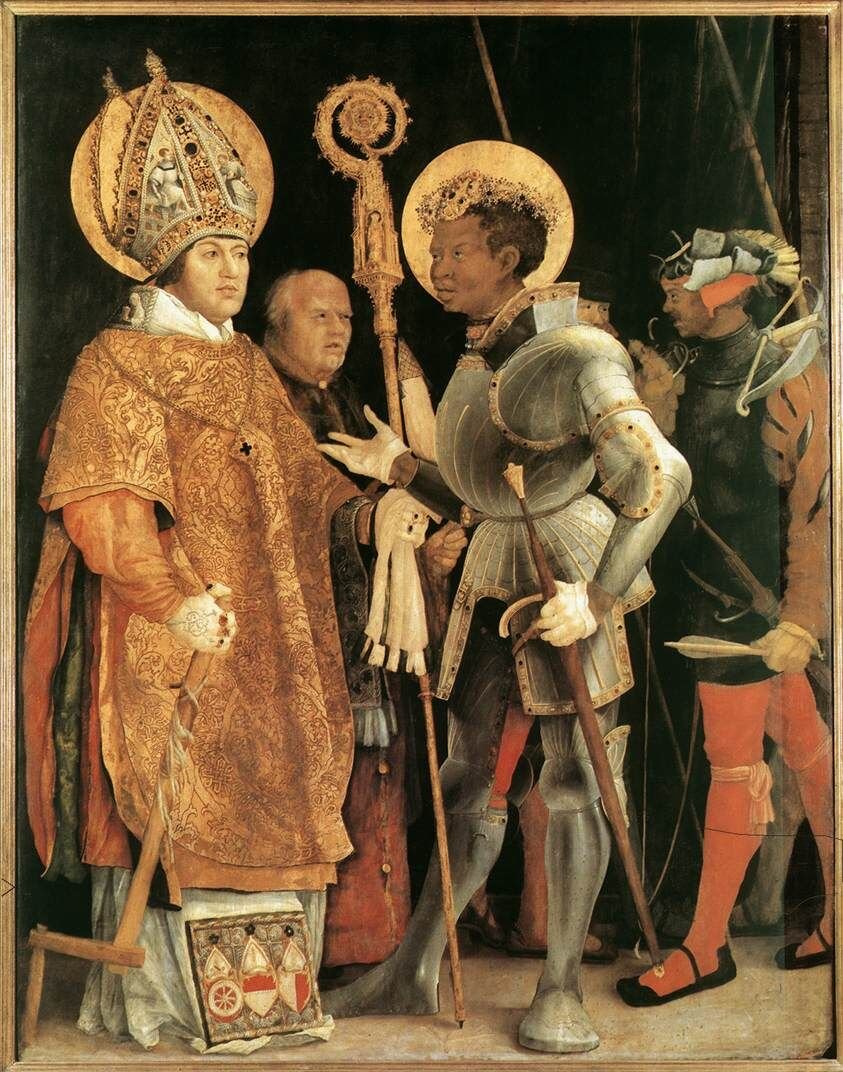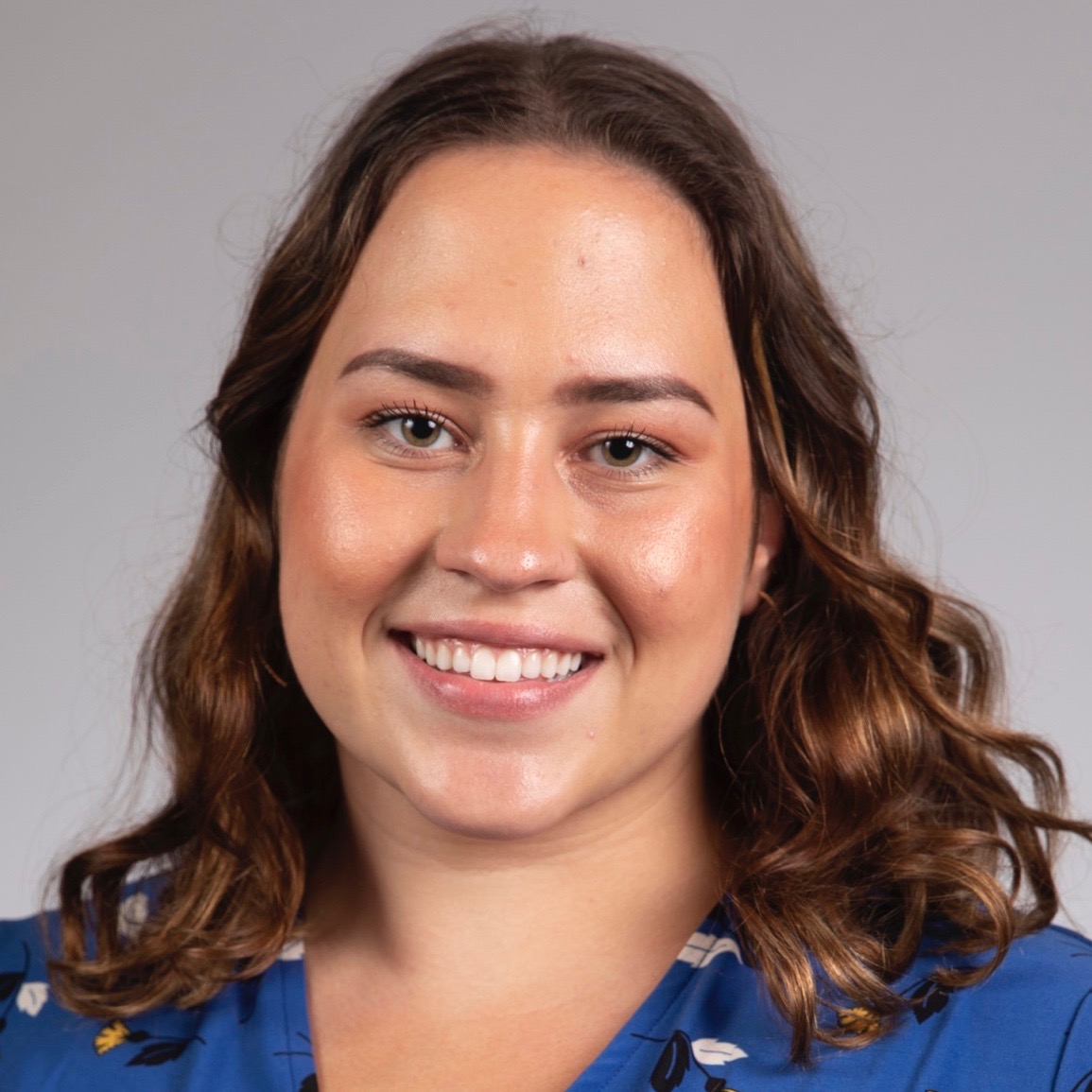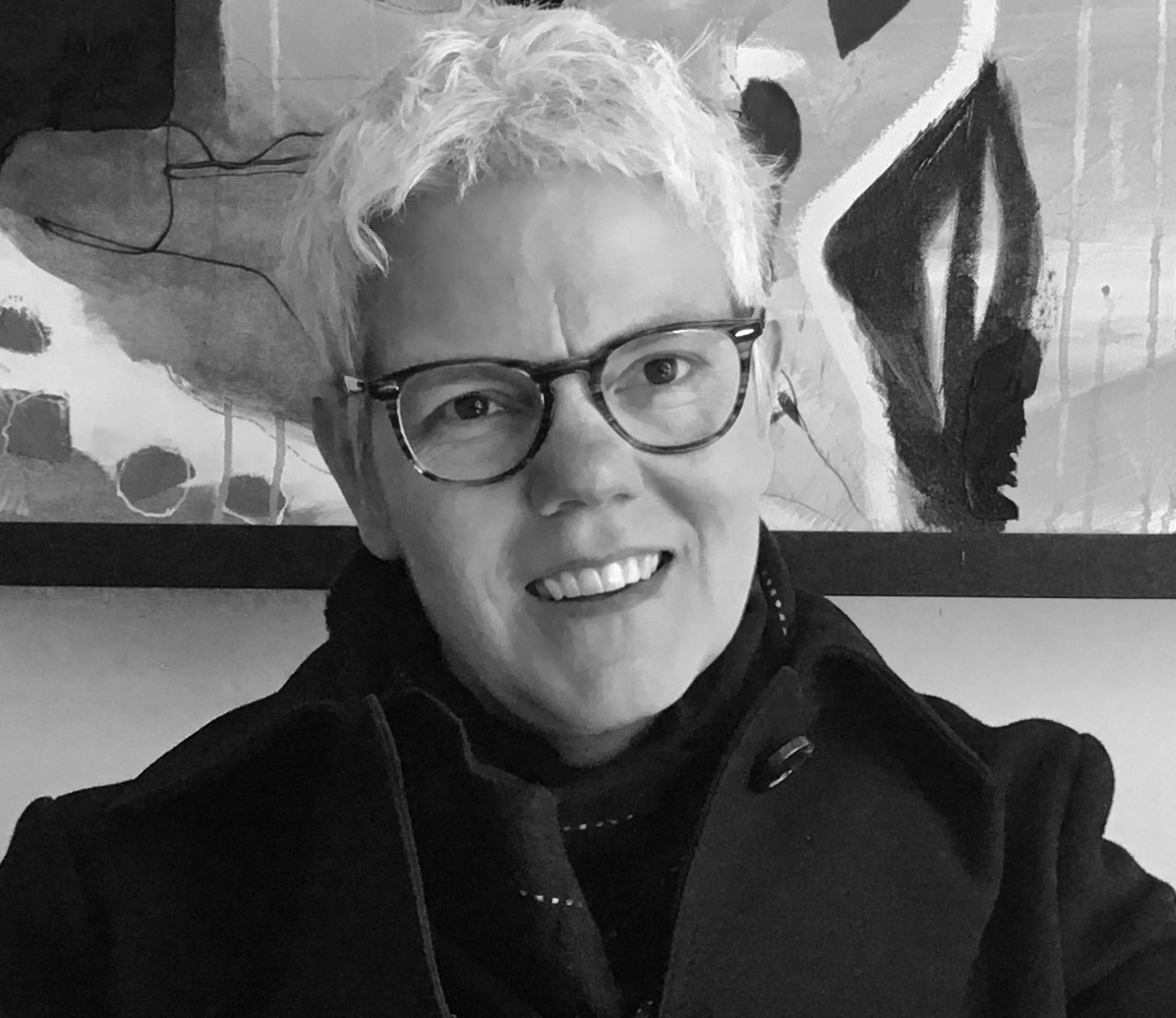Feb. 23, 2022
Contact: Sara Diedrich, 573-882-3243, diedrichs@missouri.edu

Black history is vast, spanning several nations and times in ways that most American textbooks don’t teach. It’s a history that Kristin Kopp, an associate professor of German at the University of Missouri, teaches in her course titled “The History of the African Diaspora in Germany.”
The course explores the often-untold history of Africans in the development of the world, starting from the Ancient Roman Empire. By teaching this history and the reasons behind its erasure, Kopp challenges the assumption that Black people are outsiders in the progression of humanity and helps students see a world before biological racism.
“There are so many things that happen in this class that feel so powerful to me,” Kopp said. “My most memorable moments in this field are the teaching moments, seeing students’ first discoveries of things.”
As Kopp’s students begin to understand why this part of history has been erased, they also get a chance to help recover it. Honors students contribute to a website called “Black Central Europe,” a database that documents the Black diaspora in Europe. With each entry, these students are challenging assumptions that Black people are outsiders in the continent and its history.
Since its start in 2012, Kopp’s class has received international humanities awards for having the best new syllabus in German studies. The course, which is an elective with no prerequisites, is offered each spring at MU.

Disrupting the narrative
Megan McLeod is one of Kopp’s former students, a senior from St. Louis set to graduate in May with a degree in psychology. She took the class as a junior and was most surprised when she learned how large a role Africans played in the development of Christianity. She also learned for the first time that Hannibal Barca, a Carthaginian general, was from Northern Africa. She saw Africans as strong and powerful, able to triumph over Rome in the Second Punic War.
As an honors student, McLeod contributed research to “Black Central Europe” about Salama Bint Said, a princess of Zanzibar who settled in Germany in 1866 and wrote memoirs about her experience living and working in a completely different place. For once, McLeod felt like she was doing more than earning a grade.
“I got to contribute to a database that people visit every single day to gather reliable information about these people that they otherwise might not have,” McLeod said. “It felt like I was doing something important for the sake of knowledge, not for my own personal gain.”
Kathryn Gluesenkamp, a junior Stamp Scholar studying abroad in Spain, also found Kopp’s class to fulfill more than a credit requirement. She contributed two articles of research to the database and is still in touch with a Polish student who she met as a part of the transatlantic call portion of the course.

Throughout the semester, students regularly meet on Zoom with students learning similar content at different universities, including one in England. Students from a university in Germany will begin joining the calls, too. The Polish student Gluesenkamp knows attended the University of College London and shared what race looks like from both a Polish and English perspective. Now, Gluesenkamp is taking a similarly collaborative class in Spain, all because of her positive experience with international collaboration introduced by Kopp. The course also helped shape her focus for future graduate study.
“One of the first things I did after taking the class was look up master's programs that are about the economic legacy of colonization,” Gluesenkamp said. “There has to be more global, direct consequences of this even beyond what we know about how slave labor propped up the economy.”
Both McLeod and Gluesenkamp have used the information in the course to help them discuss issues surrounding race with more competence and to help them combat racism, itself. Both appreciate Kopp’s teaching style, one that adjusts to student feedback while still challenging the perspectives with which students enter the class.
“I think it's the best course I've taken at Mizzou,” Gluesenkamp said.
Breaking the cycle

Kopp doesn’t want these experiences to remain isolated on Mizzou’s campus. She’s working on a book that will capture the material of the course and make it available for a wider audience. That way, the knowledge she’s shared with MU students can be shared with people of all ages and academic backgrounds, intervening in an educational cycle that excludes and distorts the history of Blackness around the globe.
“Teachers teach what they know,” Kopp said. “But if people read the book, then that might really change how this topic gets discussed and taught in school. It might just take a teacher mentioning Ethiopia to just infuse some element of change into what’s getting taught that could snowball into something over time.”
Kopp said that almost every semester, she notices a student cry during her class, overwhelmed by a mixture of excitement and outrage at realizing that parts of history were intentionally left out of their education. Her work seeks to make it so that no more relearning has to happen.
“I have the best job in the world,” Kopp said.



